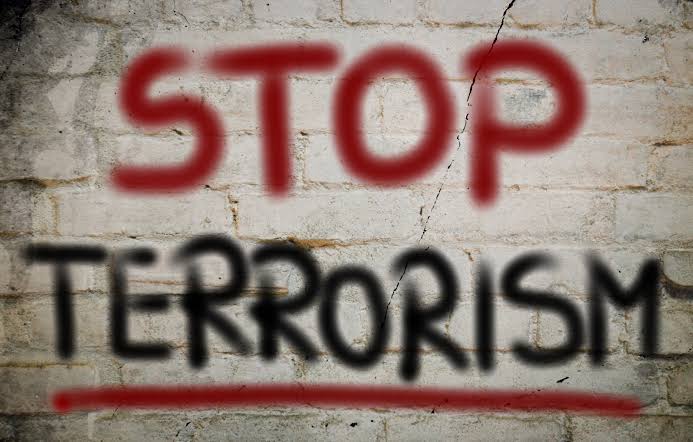NAIROBI,Kenya, Feb, 28 – Last week, three medical workers were kidnapped after Al-Shabaab militants attacked the Fino hospital in Lafey, Mandera County.
Two of the victims were later released while one is still in the hands of the terrorists.
At the end of January 2021, ten people were killed when the matatu they were traveling ran over an improvised explosive device along the Arabia-Mandera Highway. Scores others sustained life threatening injuries.
European embassies in Nairobi also recently issued terror alerts and urged their nationals to avoid public places in what is turning out to be the latest manifestation of the dark hands of terrorists on Kenya’s territory.
Kenya has long faced the unflinching threat from terror outfits. In the episodes where terrorist have succeeded in their nefarious plans, the impacts have been devastating.
Kenyans know only too well the kind of human, economic and social toll that attacks like the one on the Westgate Mall or at Garissa University left on the country. The heightened terror related attacks have also been witnessed in the coastal areas where suspected Al-Shabaab terrorists recently staged an attack at Lango la Simba in Lamu County.
It is more worrying that the increased terrorist attempts in Kenya correspond to devastating attacks that the Al-Shabaab has meted in the neighbouring Somalia. Multiple incidents involving improvised explosive devices have taken away innocent lives in Somalia’s capital Mogadishu.
The Al Shabaab is notorious in their attempt to cultivate their ideology among Kenya’s youth. Many young have been lured into the hands of terrorists and shipped out of the country for radicalization programmes and later returned to orchestrate terrorist attacks. While the government has tried to reign in on the scourge, many vulnerable Kenyans still fall prey to the terrorist groups.
Recent reports indicate that the Al-Shabaab have found a new way of infiltrating Kenyan communities. In northern frontier counties, the terrorist outfit is now using clan feuds to advance their mission and cause.
By supplying arms and contraband goods to the specified clans in the region, Al-Shabaab has fueled inter-clan conflict in Mandera with devastating consequences. It is now feared that such clan conflicts can be used to fuel large scale electoral violence in the region while giving a stronger foothold to the terrorists.
All these developments call into question the commitment by government to reign on the activities of the terrorist group. It starts with proper border control. Illegal arms and contraband goods have been used to sustain the Al-Shabaab in the porous border between Kenya and Somalia.
The security agencies should remain steadfast in protecting Kenya’s terrorist against use by the terrorist group. Secondly, since it is now clear that al-Shabaab are involved in distributing arms to clans in northern Kenya, why hasn’t the government taken action against the vice.
How many more lives must be lost or young people indoctrinated for the government to move in and apprehend the culprits?
What action has the government taken against the clan elders and politicians profiting from the al-Shabaab backed violence for political and economic ends? It is unfortunate that the clan feuds are building up in the backdrop of the impending national elections. It appears well planned and systemic, aimed at influencing the direction and outcome of elections.
Kenyans must remain steadfast in the fight again terrorism as any laxity risks rolling back the gains already made. While the government bears the ultimate responsibility to secure the lives and property of Kenyans, the citizens must equally play their part in the fight against terrorism.
The government must therefore do everything possible to secure the Kenyan borders and leverage strategic intelligence to legally isolate and punish terror offenders.
Beyond the use of hard power, it is also important for the state to consider soft approaches such as economic empowerment of the vulnerable masses of young people in the country. The prevailing poverty has made it possible for most at risk Kenyans to dine with and do the bidding of the enemy.
Secondly, the community and religious leaders in northern Kenya should not capitalize on the lawlessness to invite the Al-Shabaab into the fabric of our society. Driven by strong and insatiable ideologies, terrorists groups cannot be tamed. Their aim is to inflict pain on society which eventually consumes those who see themselves as safe.
Want to send us a story? Contact Shahidi News Tel: +254115512797 (Mobile & WhatsApp)


